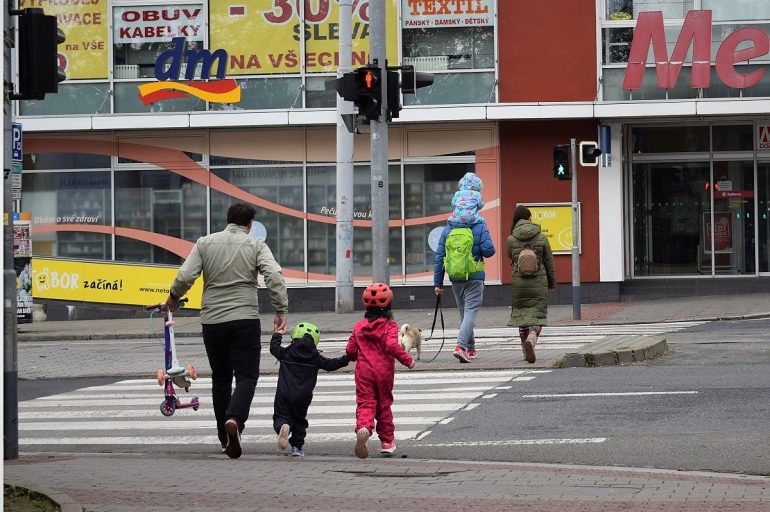The proportion of young people who intend to have a child in the next three years is falling in the Czech Republic, most significantly among people in a worse financial situation, according to the “Contemporary Czech Family” study conducted by experts from Masaryk and Charles Universities and presented to the media today.
According to the Czech Statistical Office, the fertility rate in the Czech Republic fell from 1.83 to 1.45 children per woman between 2021 and 2023. Research data show that fewer young people are planning to become parents than before.
Nearly 6,000 people took part in the research between 2020 and 2022, answering questions such as whether they wanted to have children. In 2020, 42% of respondents aged 18 to 39 said they were planning to have a child in the next three years. Among respondents surveyed in 2022, the proportion was down to 30%.
Respondents’ intentions to have children at any time in the future also showed a decline, falling most significantly among economically disadvantaged respondents who have low education, low incomes, and live in small apartments or houses with no more than two rooms.
Among respondents from households with an income of less than CZK 20,000 per month per person, the proportion of those planning to have children sometime in the future fell from 66 to 46%. Among households with incomes above CZK 40,000 per person per month, the proportion of those planning to have a child remained at 61%.
Plans also vary depending on education. Short-term plans declined between 2020 and 2022 in all education groups, but most among the least educated. Long-term plans, on the other hand, fell only among university graduates. “Thus, for the less educated, this may be a temporary postponement, while for college graduates it seems to be a permanent intention not to have (more) children. Despite the decline, however, it is true that young people with higher education plan to have children to a higher extent than people with less education,” said the head of the research, sociologist Martin Kreidl from Masaryk University.
The uncertainty in family planning may reflect the general uncertainty faced by young people in the Czech Republic. “Unlike the rejection of parenthood, uncertainty can potentially be reversed. People with uncertain plans are not currently planning children, but rather waiting to see what happens – for example, on the housing or labour market,” Kreidl added.
In the second wave of the survey, researchers will contact the same respondents who participated in the first wave. Data collection will begin in 2025. Re-interviewing will allow the researchers to explore how approaches have changed, whether their plans for children have come to fruition, or what variables are responsible for delays in parenthood.







